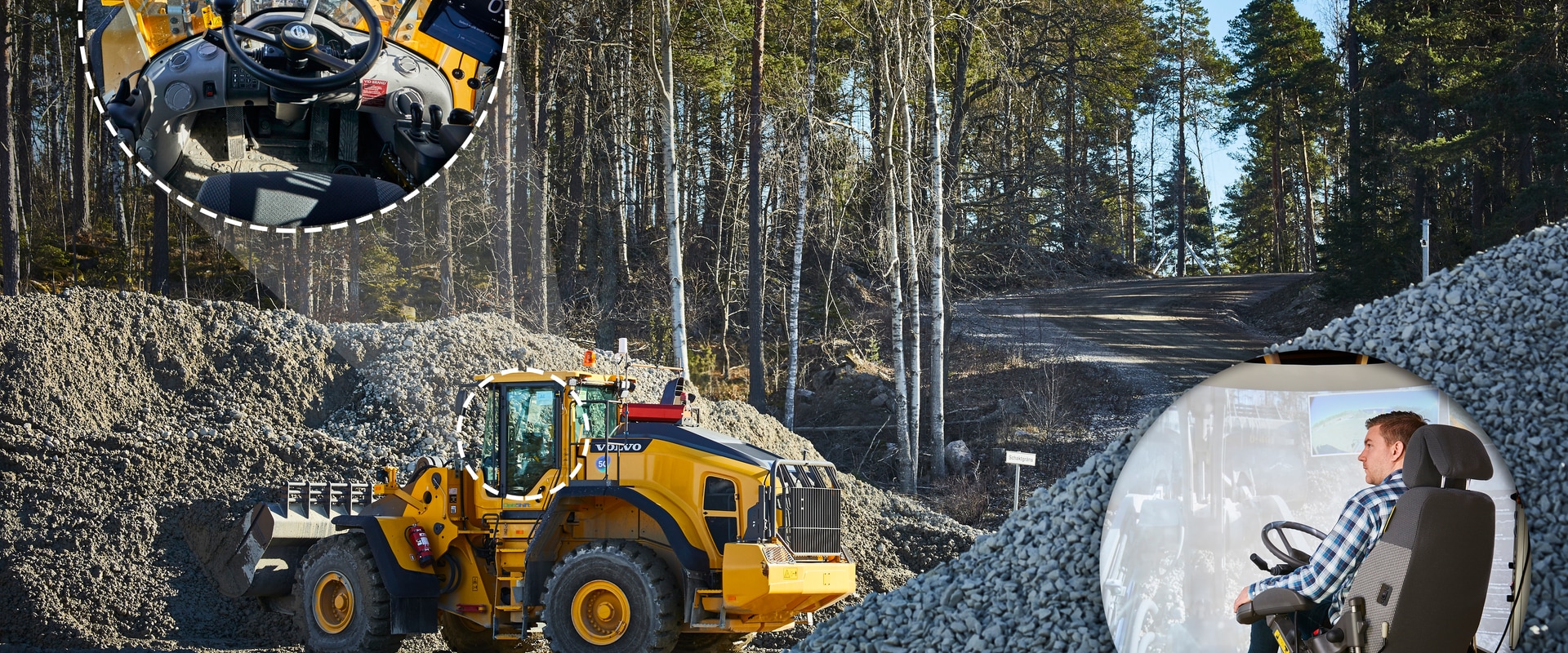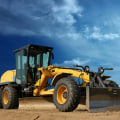Introduction
The construction realm is one of the most labor- and resource-demanding industries, which has resulted in a massive requirement for technology that is both efficient and innovative. Electric and autonomous construction equipment have brought forth a new wave of transformation to this sector, delivering lower environmental impacts from building activities while boosting safety, productivity, and efficacy as well.
The following are some ways electric & autonomous construction equipment can be beneficial:
Reduced Emissions
Electric and autonomous construction equipment presents a multitude of advantages, chief among them the marked decline in emissions. In urban areas where noise levels are already high and air pollution is rampant, electric machines produce zero-emissions to help alleviate these problems. Autonomous machinery has another great benefit; it dramatically reduces fuel consumption which significantly decreases carbon dioxide output into the atmosphere, allowing companies to satisfy sustainability targets as well meet increasingly stringent environmental regulations.
Improved Safety
Electric and autonomous construction equipment are game-changers when it comes to safety. For starters, they produce less noise, meaning fewer risks of hearing loss or exposure to dangerous levels of noise pollution for workers at the site. Autonomous machines can even eliminate the need for human operators in hazardous work zones altogether - no more worrying about potential accidents or injuries! What's more, these intelligent machines have built-in capabilities that allow them to monitor a construction site's environment with laser precision and optimize its safety culture accordingly - all while saving your business time and money!
Increased Efficiency
Harness the potential of electric and autonomous construction equipment to drastically boost efficiency in your projects! With no fuel dependency, downtime and maintenance costs are almost eradicated. Autonomous machines can work continuously around-the-clock without rest periods, skyrocketing productivity while shrinking construction timelines. Additionally, incredibly precise accuracy ensures that rework is minimized, saving both time and money – not only bolstering effectiveness but improving quality of work as well.
Cost Savings
Electric and autonomous construction machines may yield considerable cost savings for any building organization. Since electric equipment is more affordable to operate and maintain than conventional diesel-driven models, companies can start benefitting right away. What's more, these automated systems are capable of diminishing labor expenses while also boosting overall efficiency—over the long run leading to remarkable monetary rewards! On top of all that, by embracing cutting-edge technology such as electrical & autonomously controlled machinery, businesses will display their commitment towards sustainability & safety in addition to enhancing their reputation which could result in new contracts while at the same time enlarging market share.
Challenges
Despite the multitude of advantages provided by electric and autonomous construction equipment, there are still a few obstacles that need to be conquered before they can become commonplace in this field. A few issues include:
- High initial costs: Although the cost of electric and autonomous equipment may be higher initially, some construction companies shy away from making this investment due to their price tags.
- Limited range: Electric equipment can often be limited in their range, making them ineffective for use on sprawling job sites. Autonomous machinery may necessitate extra infrastructure and assistance systems to run properly, which could contribute to the total cost of implementation.
- Technical expertise: Operating and maintaining electric or autonomous equipment necessitates a specialized skill set, which may require construction workers to receive additional training.
FAQs
Q: What types of electric and autonomous construction equipment are available in the market?
A: There are several types of electric and autonomous construction equipment available in the market, including excavators, bulldozers, loaders, cranes, and dump trucks.
Q: What are the environmental benefits of electric and autonomous construction equipment?
A: Electric and autonomous equipment are the perfect combination for sustainable construction practices, as their zero-emissions help decrease air pollution, while reducing fuel consumption and carbon emissions. These advanced technologies offer a viable solution to environmental issues, ensuring that we can all benefit from cleaner air in our communities.
Q: Can electric and autonomous construction equipment improve productivity and efficiency?
A: Without a doubt, electric and autonomous equipment can make a considerable impact on productivity and efficiency through decreased downtime, enhanced accuracy, and quicker construction activity.
Conclusion
Electric and autonomous construction equipment is having a tremendous effect on the industry, with positive outcomes such as decreased emissions, enhanced safety measures, greater efficiency levels and cost savings. These technologies are revolutionizing the sector by allowing for more sustainable practices to be adopted while simultaneously improving overall performance and productivity.
Despite their potential, the popularization of electric and autonomous construction equipment is marred by numerous difficulties including excessive initial expenses, a lack of reachability, and specialized technical proficiency. But as technology continues to develop at an exponential rate, these machines are likely to become more frequent in our industry; leading us towards a more secure future with enhanced sustainability and efficiency for our whole sector!
Electric and Autonomous construction equipment are changing the game of modern day building, so it is imperative that we stay ahead of this ever-evolving industry to ensure a promising future. Through utilizing these groundbreaking technologies, companies can attain an edge on their competition while lessening their ecological footprint simultaneously. Furthermore, they will be able to provide safer and more productive work environments for their staff members.
Now is the time for the construction sector to recognize and take advantage of electric and autonomous equipment's incredible benefits, paving a path towards an efficient future that is also ecologically sound.




